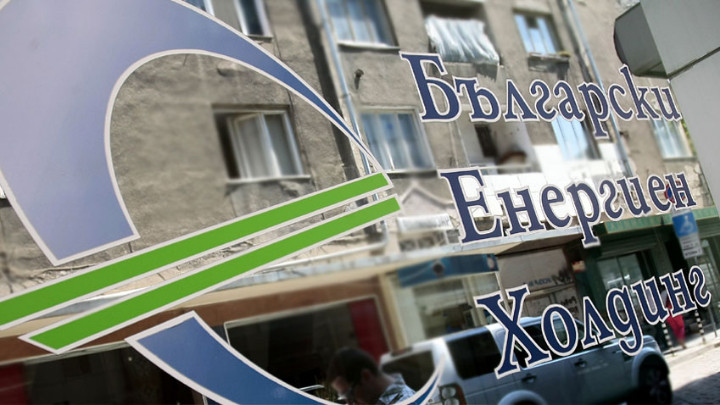
Bulgaria and Bulgarian economy are not big. The share of Bulgarian GDP in the total GDP of the EU is less than 1 percent. But this does not prevent large companies comparable to multinational giants from doing business in this country, along with more than 300,000 small and medium-sized companies. This is revealed by the latest annual survey by famous French insurance and consulting company COFACE. Its analyses, surveys and rankings are highly respected in more than 100 countries around the world.
Particularly interesting are COFACE's annual rankings of companies with the largest turnover and biggest number of employees in Central and Eastern Europe. The chart sheds light on the actual economic strength of individual countries, their place in the world economy and on the size of business, which should be the main source of prosperity for citizens in each country.
In the COFACE CEE Top 500 Companies Analysis for the year 2017, which is the 10th annual edition of the chart, Bulgaria is present with 17 companies, one less in comparison to the previous analysis, but also with a company present in the group of the big ones - "Energo-Pro Varna". The total turnover in Bulgaria for the past year reached 18,552 billion euros, while net profits reached 724 million euro. According to statistic data, these companies employ a total of 23,274 people. Bulgaria occupies 7th place among a total of 12 countries on the list, with more companies present in the chart than Slovenia, Croatia, Estonia and Latvia.
What are the strongest economic sectors that shape the outlook and prospects for the national economy?
The chart is topped by the Bulgarian Energy Holding (BEH), a company that includes the Natsionalna Elektricheska Kompania (NEK), Bulgargas Company, the Kozloduy Nuclear Power Plant and several other energy companies. There is no surprise in that, as in the previous rankings BEH was identified as the largest company in this country. What's new is that the company has dropped 4 positions down to 29th place. In the past year its turnover marked a 5.9 percent rise, reaching about 3.287 billion euro. Second comes the Lukoil Neftochim Bourgas refinery with Russian owners. Both NEK and Lukoil–Bulgaria have revenues of over 1 billion euros for the past year. They are respectively the largest state-owned power generation and supply company and the largest private distributor of fuels. A significant rise was marked by the Saksa Fuels company which is specialized in fuel distribution. In the past year its turnover grew by over 28 percent to 553 million euros. Third place in the list of the largest companies operating in Bulgaria is for the German Aurubis, which produces and exports copper and gold, as for the past 12 months revenues jumped 55.5% to 2.566 billion euro.
As the survey shows, the largest companies in Bulgaria are mainly energy companies. This, on the one hand, speaks well for the Bulgarian economy, because energy is at the heart of every business and without electricity or fuel any kind of economic activity is unthinkable, even the most technologically advanced. In the case of technologies, on the other hand, it must be acknowledged that these industries are not at the forefront of innovation, digitization and information technology. They belong to the group of rather traditional industries. In this respect, it is obvious that Bulgaria is lagging behind and hi-tech technologies do not have a dominant position in the Bulgarian economy. This also indicates a potential for future growth of Bulgarian industry, which in the opinion of all experts and observers has achieved some remarkable successes. Experts talk mostly about outsourcing and informatics, where Bulgaria occupies one of the top positions in the world. And this is seen in the analysis with the presence of Astra Bioplant, operating in the field of biotechnology, and of hi-tech pharmaceutical company Sopharma.
English: Alexander Markov
There has been an upsurge in the economy in every region of Bulgaria, the effects of the Covid crisis have been overcome, tourism has fully recovered, which is evident in Bulgarian seaside regions and spa resorts - this is the conclusion that is drawn..
More than EUR 1 billion will be invested in agriculture and rural areas in Bulgaria in 2025. According to a decision by the Monitoring Committee of the Strategic Plan for Agricultural Development, the funds are aimed at modernizing agriculture and..
Bulgaria’s industry is being transformed in the direction of high added value productions, reads an analysis by the Institute for Market Economics. This tendency is best manifested in computer science, electronics and optics which account for the..
The final price at which Bulgargaz will sell natural gas in December to end suppliers and to persons with a license for the production and transmission..

+359 2 9336 661
